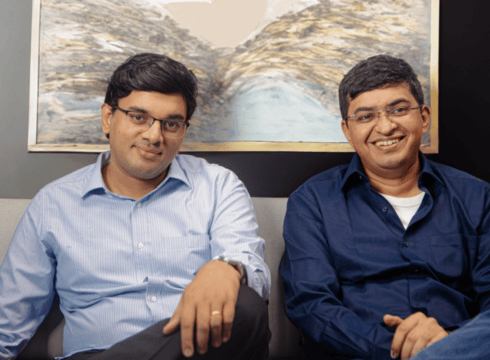Mindgrove’s first commercial high-performance SoC (system on chip) Secure IoT designed on open-source instruction set architecture (ISA) RISC-V
The startup expects to improve cost efficiency for Indian original equipment manufacturers (OEMs) by 30% for their feature-rich devices
The chip can be deployed by players across a range of consumer electronics devices, including TVs, washing machines, air conditioners, and refrigerators
Inc42 Daily Brief
Stay Ahead With Daily News & Analysis on India’s Tech & Startup Economy
IIT Madras incubated semiconductor startup Mindgrove Technologies has rolled out India’s first commercial high-performance SoC (system on chip) called Secure IoT. The chip is designed on open-source instruction set architecture (ISA) RISC-V and is expected to improve cost efficiency for Indian original equipment manufacturers (OEMs) for their feature-rich devices.
Secure IoT will cost 30% less than other chips in similar segments, the startup claimed. Further, the startup also said that the chip can be deployed by players like smartwatches, smart city devices, connected home devices, as well as EV battery management systems, amongst others.
Mindgrove, founded by Shashwath TR and Sharan Srinivas Jagathrakshakan in 2021, has been working on the development of SoCs since inception. It uses indigenous RISC-V Shakti cores to power its chips.
Last year, the startup also secured $2.32 Mn in its seed funding round led by Peak XV Partners.
Shashwath TR said that during research and development, the startup was able to recognise a wide gap between high-end and low-end players in the embedded systems space, with the latter prioritising cost and volume over the chip’s actual performance.
“Thus, we set out to design chips that target the middle market. ‘Right-sizing’ has been the key differentiating factor when it comes to Mindgrove, giving it an edge over others, with enhanced flexibility, adaptability, security and cost-efficiency coupled with a robust support system,” he added.
The startup’s first indigenous chip roll out comes at a time when the Indian semiconductor ecosystem has seen notable growth lately, driven by governmental support for fabless chip manufacturing startups, semiconductor design companies, and packaging firms.
In February, union minister of state for electronics and IT Rajeev Chandrasekhar said that the government had received four proposals for building semiconductor manufacturing plants and 13 for chip assembly units.
Later in the month, the government also approved the country’s first semiconductor fab to be set up by the Tata Group in partnership with Taiwan’s Powerchip Semiconductor Manufacturing Corp (PSMC).
The recent push on upping India’s semiconductor game has prompted entrepreneurs into the semiconductor industry of late. While the number of such startups stood at 21 at the beginning of 2023, Chandrasekhar said this number was expected to go up to 50 by the end of 2024.
{{#name}}{{name}}{{/name}}{{^name}}-{{/name}}
{{#description}}{{description}}...{{/description}}{{^description}}-{{/description}}
Note: We at Inc42 take our ethics very seriously. More information about it can be found here.


